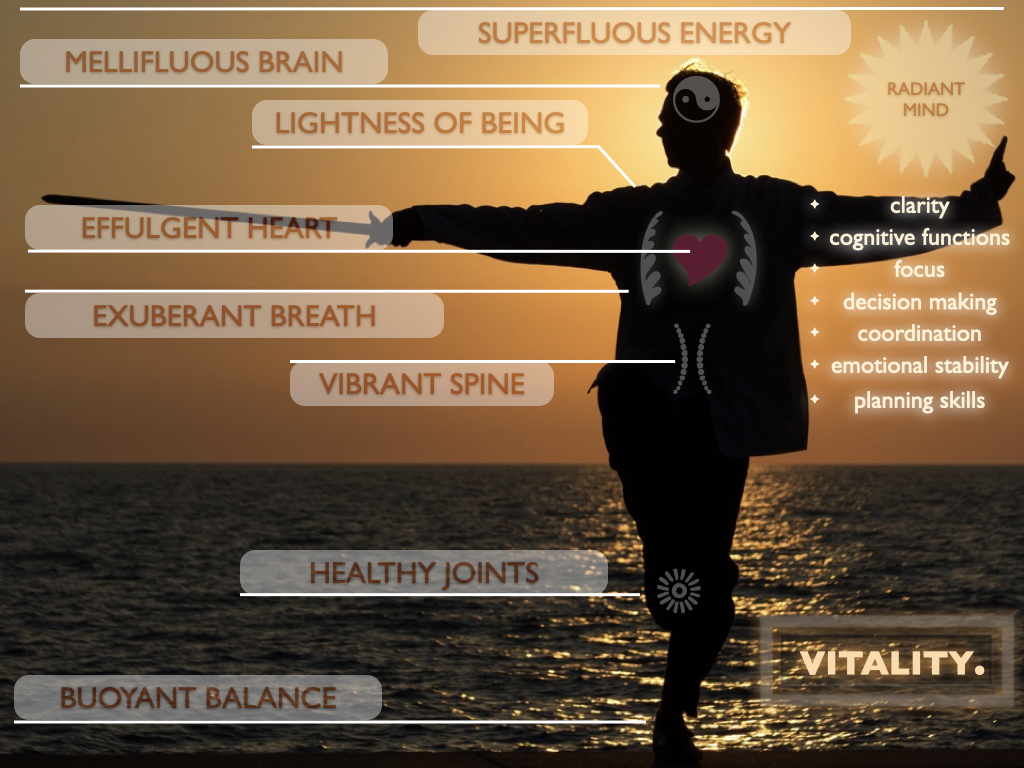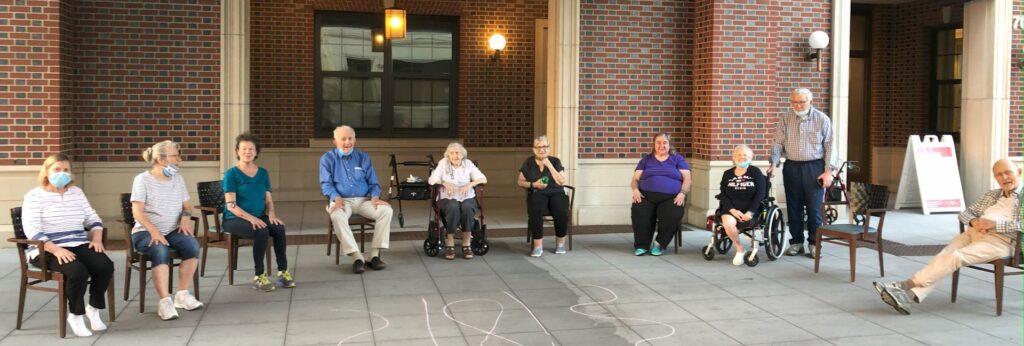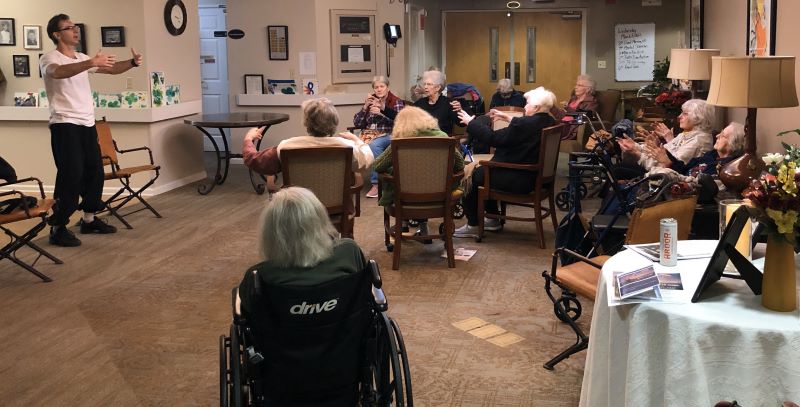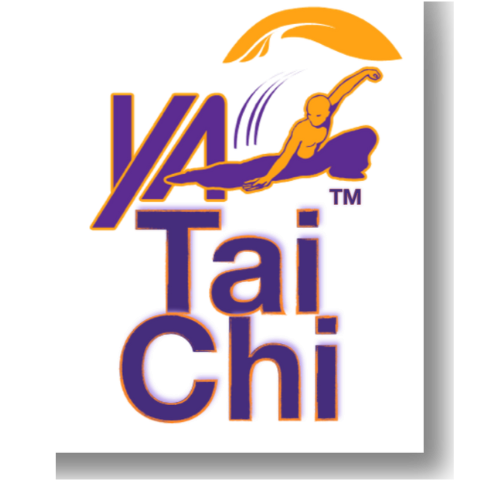HOME
Our First Book Has Arrived!
Colorful, Informative and Fun!
Book Specials: Save BIG!

First Edition, May 2025. read more
YA-TaiChi/ 12 StepsTM

A course designed to improve health
TaiChi is not only a Martial Art, but also, with its variety of techniques and training appilcations, a unique healing practice. The holistic approach of TaiChi training helps the practitioner to maintain health and strength; provide faster recover from injury and illness; and improve the ability to handle physical, mental and emotional stress.
Rewards of this training is well documented and include:
- Development of Balance and bone density
- Improvements of many chronic conditions (arthritis, osteoporosis, low back pain, fibromyalgia, rheumatoid arthritis)
- Decreased risk of Coronary Heart Disease
- Faster recovery after stroke
- Help conditions related to chronic respiratory diseases
- Decelerate deteriorative conditions associated with aging
- Enhance psychological well-being and sleep quality
- Improve mental health
- Reduce depression
Corporate Program

I am thrilled to introduce you to a proven program that can greatly enhance the health and wellness of all participants in your community. Our Ya-Taichi 12 StepsTM program is based on extensive research conducted by Harvard Medical School, which has shown significant benefits for those who regularly practice TaiChi compared to basic exercise and stretches alone. Notably, regular TaiChi practitioners show higher quality of life scores, increased mobility and strength, and a reduction in chronic pain.
Moreover, when staff actively participate in the TaiChi practice program, your organization can reap additional benefits, including:
- Higher Job Satisfaction and Loyalty: Staff members who engage in the program experience increased job satisfaction and a deeper sense of loyalty to the organization.
- Reduced Conflicts: By practicing TaiChi together, staff members develop a sense of unity and community, resulting in fewer conflicts and improved teamwork
- Sense of Community: The shared experience of TaiChi creates a sense of community among staff, fostering a positive and supportive work environment.
- Fewer Injury-Related and Stress-Based Absences: Regular TaiChi practice improves physical fitness and reduces the risk of injuries, resulting in fewer staff absences due to health problems

Assisted Living Communities Program
With 5 years of experience working with residents in senior living communities and 12 years of teaching TaiChi to the public, we have witnessed not only similar results but also the following important outcomes:
- Excitement, Interest, and Participation: Our program brings a sense of excitement and interest among residents, fostering active participation and engagement in a new and beneficial activity.
- Increased Balance and Fall Prevention: Through TaiChi practice, residents develop improved balance, reducing the risk of falls and potential litigation.
- Greater Sense of Independence: TaiChi empowers individuals, instilling a greater sense of independence and reducing their reliance on staff for everyday tasks.
- Improved Overall Health and Immune System: Regular TaiChi practice has been shown to enhance overall health, boost the immune system, and reduce anxiety, fears, and limiting beliefs.
- Continuous Learning and Improvement: Participants in our program develop a genuine interest in continuous learning and self-improvement, regardless of their age or physical abilities.
Testimonials
“…a highlight of our community’s activities.”
Erin Motter,
Life Enrichment Director, Heather Glen at Ardenwoods

“[It] has not only made me a better athlete but has also made me a better man!”
Nikita Katzman,
Cross Fit trainer and competitor

“…one of the most positive forces in my life…”.
Mark V.
Asheville
Entrepreneur.

The Harvard Medical School research found that TaiChi practitioners, in eight to twelve week period experienced less fatigue, less tension, less pain related disabilities, lower levels of depression, better balance, and better quality of life compared to those who performed only regular stretching exercises.
Benefits of TaiChi training are all documented and include: improvements in balance and bone density, ease pains and improve many chronic conditions (arthritis, osteoporosis, low back pain, fibromyalgia, rheumatoid arthritis), strengthen heart against coronary heart deceases, improve recovery after stroke, improve conditions related to chronic respiratory disease (COPD, asthma), slow down deteriorative conditions associated with aging, enhance psychological well-being and sleep quality, and improve mental health.

